
Q&A: Joshua Lang on new research on treatment-resistant prostate cancer
A five-year, $12.5 million grant has been awarded to researchers at UW–Madison to investigate metastatic, or advanced stage, prostate cancer, the second most common cause of cancer death in men.
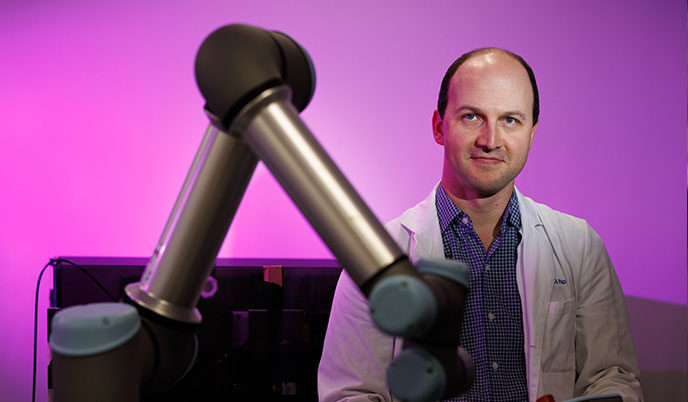
Q&A: Daniel Buckland on space medicine and medical technology
A space medicine fellowship, robots in the emergency room, and machine learning tools to improve clinical workflow are among the innovations Dr. Daniel Buckland, an associate professor in the BerbeeWalsh Department of Emergency Medicine, intends to explore within the University of Wisconsin School of Medicine and Public Health and UW’s College of Engineering, where he holds an affiliate governance appointment.
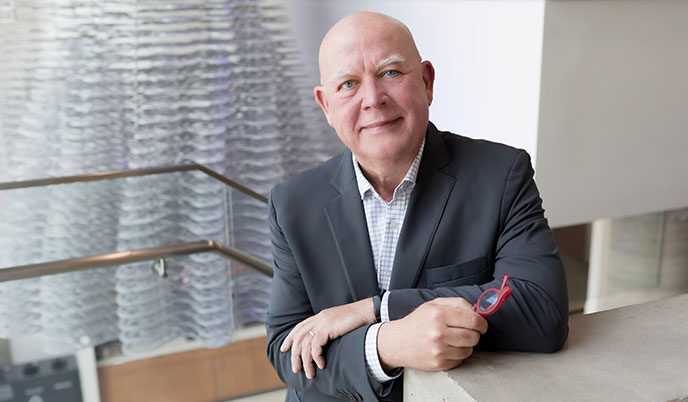
Q&A: Jacques Galipeau on cell therapies to cure disease
Dr. Jacques Galipeau is the associate dean for therapeutics development and the director of the Program for Advanced Cell Therapy (PACT), a collaboration between UW Health and the University of Wisconsin School of Medicine and Public Health that aims to bring innovative cell therapies to patients. He is also a practicing hematologist, treating patients with blood clot disorders, anemia, and other diseases and conditions.
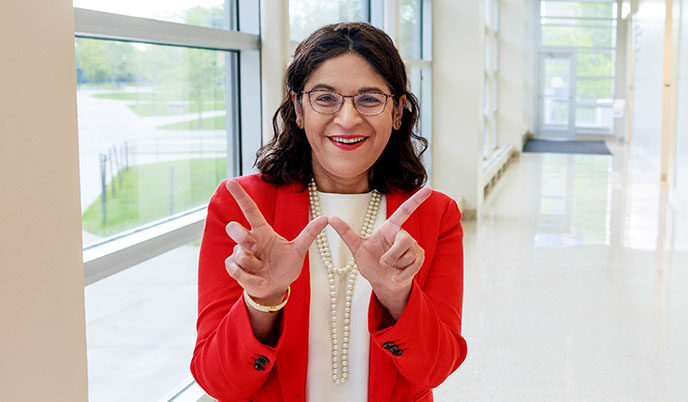
First impressions: a Q&A with Dean Ahuja
On May 15, 2025, Nita Ahuja, MD, MBA, became the 10th dean of the University of Wisconsin School of Medicine and Public Health and vice chancellor for medical affairs at UW–Madison.
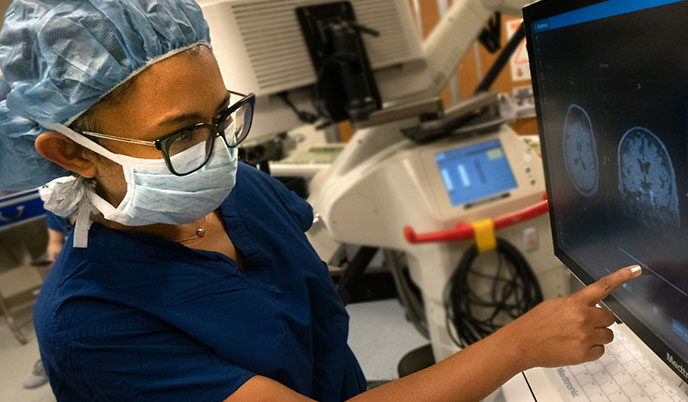
Q&A: Mahua Dey explores glioblastoma vaccine
Dr. Mahua Dey is an associate professor in the Department of Neurological Surgery and the director of the surgical neuro-oncology program in the University of Wisconsin School of Medicine and Public Health. She specializes in the surgical management of both benign and malignant brain tumors.
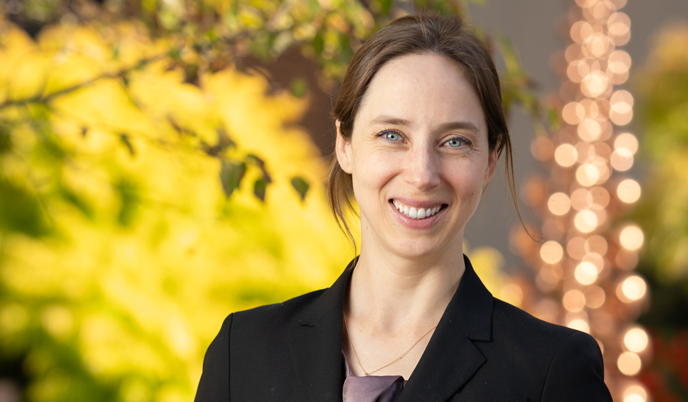
Q&A: Sara McCoy on innovative treatment for Sjögren’s disease
Dr. Sara McCoy, a rheumatologist in the Department of Medicine, is one of the nation’s leading experts on Sjögren’s disease, an autoimmune disorder that affects moisture-producing glands in the eyes, mouth and other parts of the body.
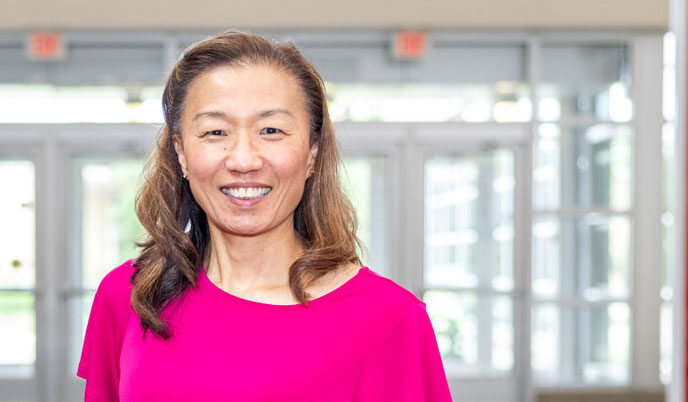
Q&A: Lynda S. Bader on strategy within the Clinical Trials Institute
Lynda S. Bader is the director of clinical trials strategic initiatives for the UW Clinical Trials Institute (CTI). She was recently honored with a Regents Academic Staff Excellence Award, the highest recognition bestowed by the Universities of Wisconsin, for her leadership of strategic initiatives that have greatly improved the clinical trials landscape at UW–Madison.
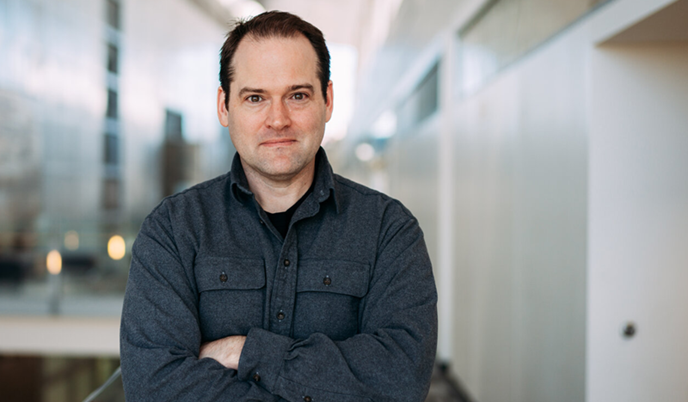
Q&A: Kip Ludwig on bioelectronic medicine
By hacking the nervous system with minimally invasive, super-precise techniques, Associate Professor of Neurological Surgery Kip Ludwig and his team are creating new treatments to relieve pain and restore function for those suffering from diseases and conditions as diverse as migraine, hypertension and cancer. This field of study is called neuromodulation, and its advances may render orally administered drugs obsolete.

Q&A: Marcia Slattery on Clinical Continuing Education
Marcia Slattery, M.D., MHSc, professor of psychiatry and pediatrics in the School of Medicine and Public Health, was recently appointed Clinical Continuing Education Director in the Office of Continuing Professional Development in Medicine and Public Health (OCPD). In this role, Dr. Slattery will serve as a champion for accredited interprofessional continuing education, providing physician leadership and clinical consultation for OCPD.

Q&A: Paul Harari on radiation oncology
Dr. Paul Harari begins his term as president of the American Society for Radiation Oncology (ASTRO) at the group’s annual meeting in San Diego Sept. 24-28.